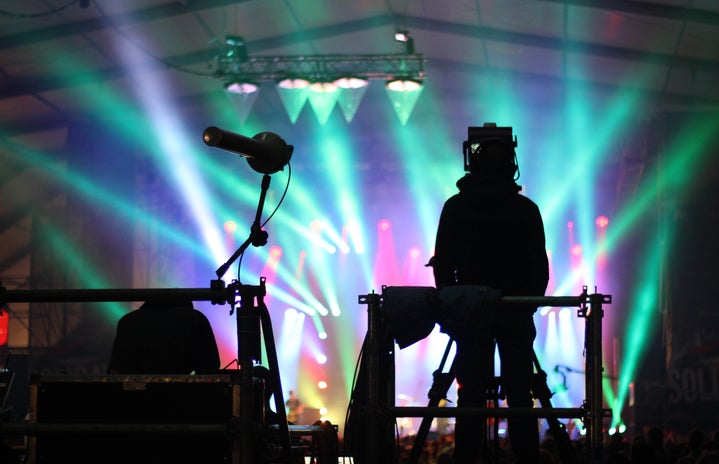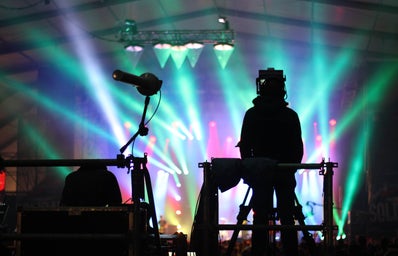We all knew Kesha when she came into the music scene in 2010, after her break through album propelled her into fame and commercial success. Kesha, then 24, quickly became known as popstar with a wild (strategically painted) image. Today, the former party girl is in a much different place. After spending two months seeking treatment for an eating disorder and admitting to suffering years of abuse brought on by her producer, the singer rallied support for her ordeal and freedom from her contract with Sony Music. In October 2014, Kesha pursued a lawsuit against her abuser and later requested an injunction that would release her from his label. But her hope for creative freedom from the man who spent almost a decade abusing her was shut down when Supreme Court Justice Shirley Kornreich of New York ruled against her stating, ““My instinct is to do the commercially reasonable thing.” I’m sorry, but what?
The decision in the Kesha case came with a public outcry of support, including the widely trending hashtag #freekesha. It seems as if the majority of the population sees the fault in the system. Choosing in favor of big corporations over individuals is not an uncommon occurrence in the American court system. There is an undeniable history of the Supreme Court turning large companies into people. But what exactly does this say about our justice system? And how does this case inparticular represent a large population of abuse victims?
It’s no doubt that the system fails to help those who seek justice. We know all too well the many instances of poor ruling and victim blaming. The fact of the matter is that many who make the (undoubtedly brave) decision to speak out about their abuse, hardly ever see resolution. It seems as if it is often the victim who gets put on trial, the real cause of the issue twisted to devert attention away from the perpetrator.
We’ve seen the same pattern in the response to the revelation of Bill Cosby’s history of abuse (more than 50 women have come forward to announce they have been a victim of sexual assault by the famed actor). If it’s not the statute of limitations that prevents the actuality of justice, then it’s the decisions made in the courtrooms. Not only is victim blaming an everpresent issue, there’s also a widespread belief that many rape allegations are false. Reality? A mere 2-8% of rape allegations are untrue. That leaves at least a whole 92% of survivors who aren’t being given the benefit of the doubt.
Dear America, it’s time for a wake up call. We’re failing our own people. And no, it’s not just women. Male survivors of abuse are also taking the brunt of our poor decision making in the courtroom. Instead of siding with the corporations that already abuse their power, let’s make an effort to protect those who have suffered. And instead of favoring the accused, let’s show our support for the victims, in more ways than just a hashtag.
And we wonder why abuse survivors take so long to come forward.
Or why most never do.

